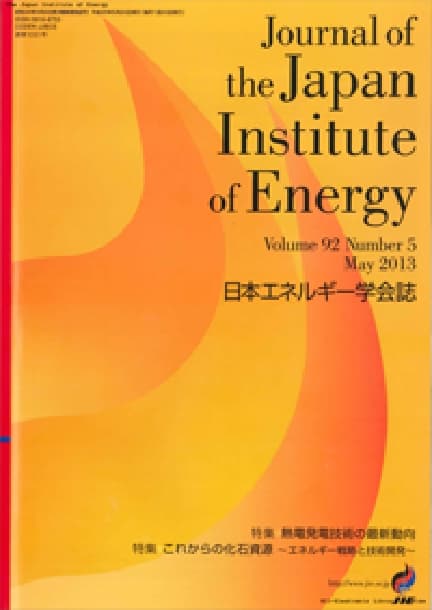タイにおける複数原料を用いたバイオエタノール生産の経済・環境ベネフィット
森泉 由恵, スクッスィー ピヤワン, 本藤 祐樹, 和気 洋子
pp. 491-502
DOI:
10.3775/jie.92.491抄録
Ethanol production using multiple feedstocks has the potential to be an important option for the development of ethanol industry in Thailand. In the present study, two types of plants that produce ethanol from both cassava and molasses (multi-feedstock plant) were evaluated with respect to profitability and greenhouse gas (GHG) emissions and compared with the performance of one type of plant that produce ethanol from cassava only (single-feedstock plant). The results show that multi-feedstock plants have lower GHG emissions than a single-feedstock plant. Despite environmental benefits, multi-feedstock plants have no advantage in terms of profitability. However, the use of multiple feedstocks is more effective for avoiding the risk of feedstock price fluctuation and ensuring the economic viability of ethanol production. In addition, scenario analysis was carried out to explore the effective use of the biogas collected from wastewater treatment process. The analysis suggests that when the biogas is used for electricity generation, profitability of all plants is significantly improved compared with when it is used for steam generation. Although the biogas utilization for electricity generation has a negative impact on the environmental performance, it is an appealing option from a cost perspective.
他の人はこちらも検索
日本エネルギー学会誌 Vol.92(2013), No.1
日本エネルギー学会誌 Vol.93(2014), No.3
日本エネルギー学会誌 Vol.93(2014), No.7










